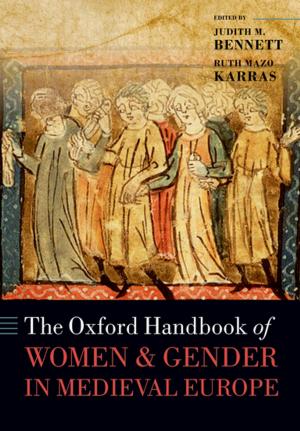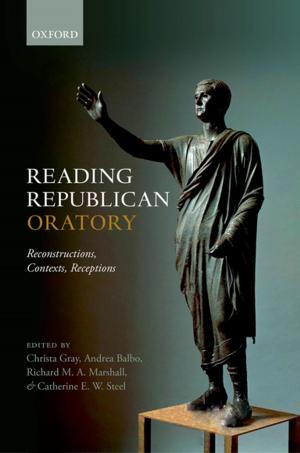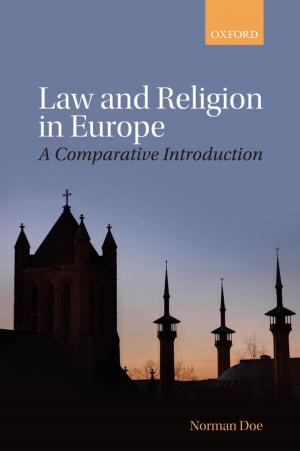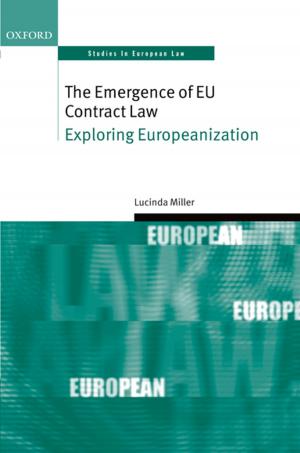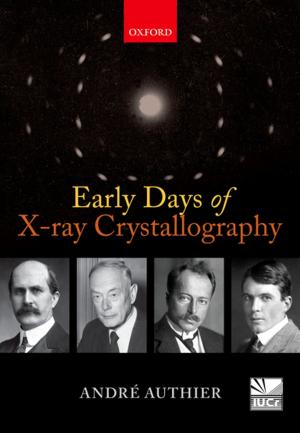Elective Monarchy in Transylvania and Poland-Lithuania, 1569-1587
Nonfiction, History, European General, Modern| Author: | Felicia Rosu | ISBN: | 9780192506443 |
| Publisher: | OUP Oxford | Publication: | December 1, 2017 |
| Imprint: | OUP Oxford | Language: | English |
| Author: | Felicia Rosu |
| ISBN: | 9780192506443 |
| Publisher: | OUP Oxford |
| Publication: | December 1, 2017 |
| Imprint: | OUP Oxford |
| Language: | English |
This book is an examination of why and how the elective principle, already established in Transylvanian and Polish political culture in the late medieval period, was transformed in the early elections of the 1570s. In this period, the two polities adopted constitutional arrangements different in depth and scope but based on the same fundamental principles: elective thrones, state-sanctioned religious pluralism, and constitutional guarantees for the right of disobedience. There were important variations in their regulation and application, but Transylvania and the newly created Polish-Lithuanian Commonwealth had one essential thing in common: they were the only two polities in early modern Europe whose political systems secured the succession of their rulers through large-scale elections in which the dynastic principle, although still important, was not binding.
This book is an examination of why and how the elective principle, already established in Transylvanian and Polish political culture in the late medieval period, was transformed in the early elections of the 1570s. In this period, the two polities adopted constitutional arrangements different in depth and scope but based on the same fundamental principles: elective thrones, state-sanctioned religious pluralism, and constitutional guarantees for the right of disobedience. There were important variations in their regulation and application, but Transylvania and the newly created Polish-Lithuanian Commonwealth had one essential thing in common: they were the only two polities in early modern Europe whose political systems secured the succession of their rulers through large-scale elections in which the dynastic principle, although still important, was not binding.


